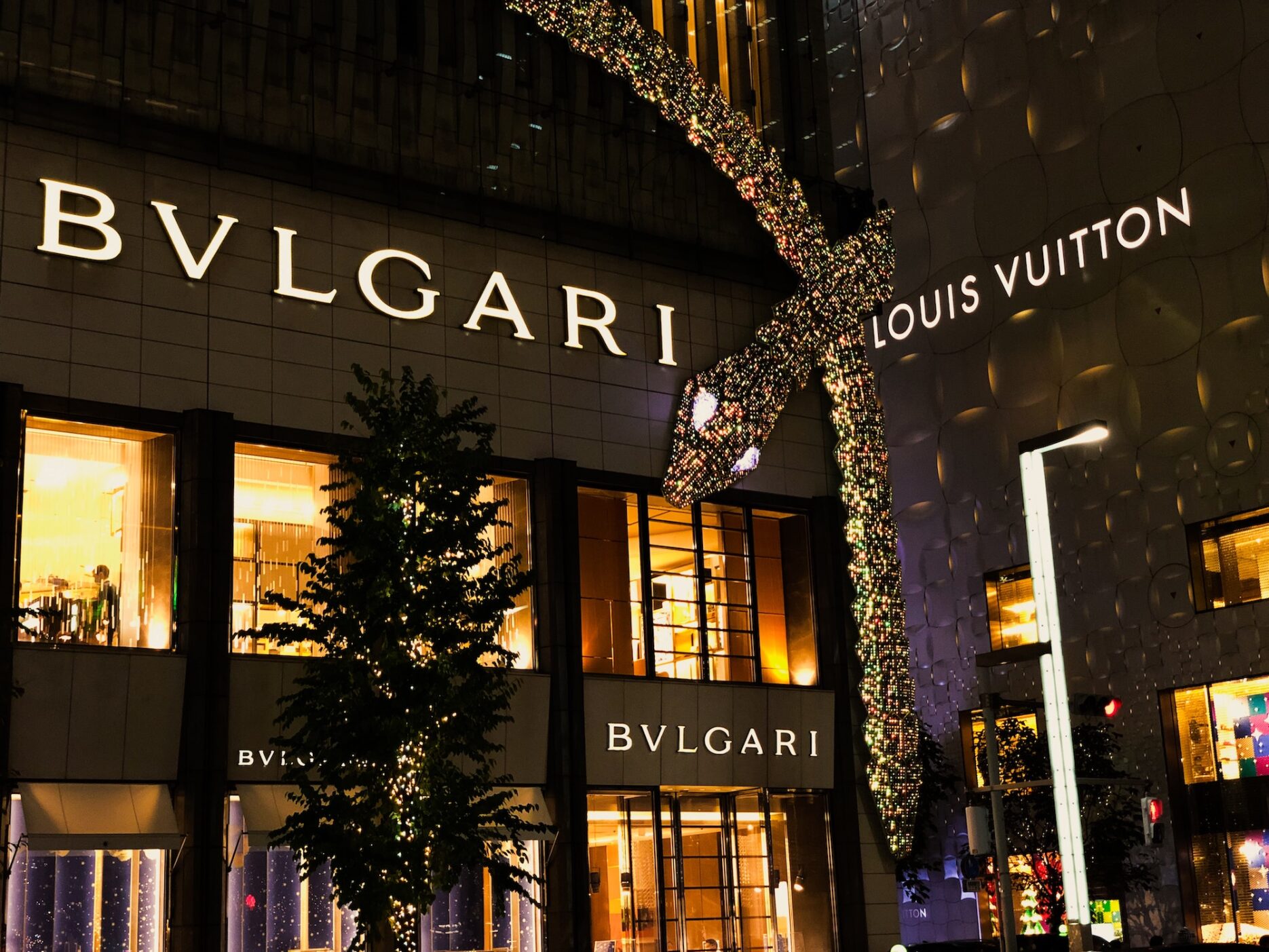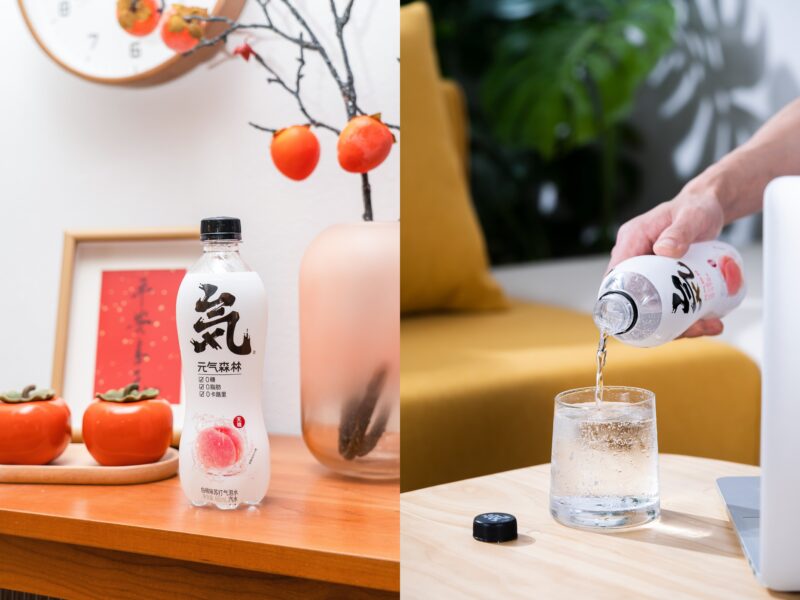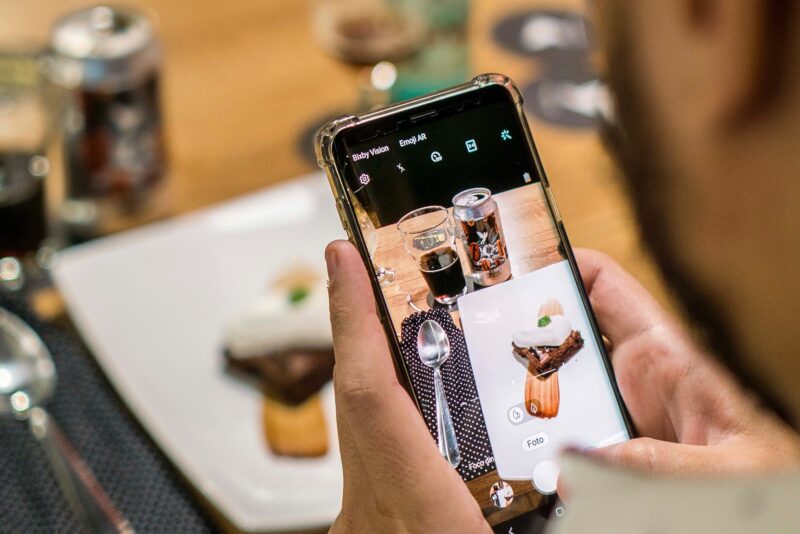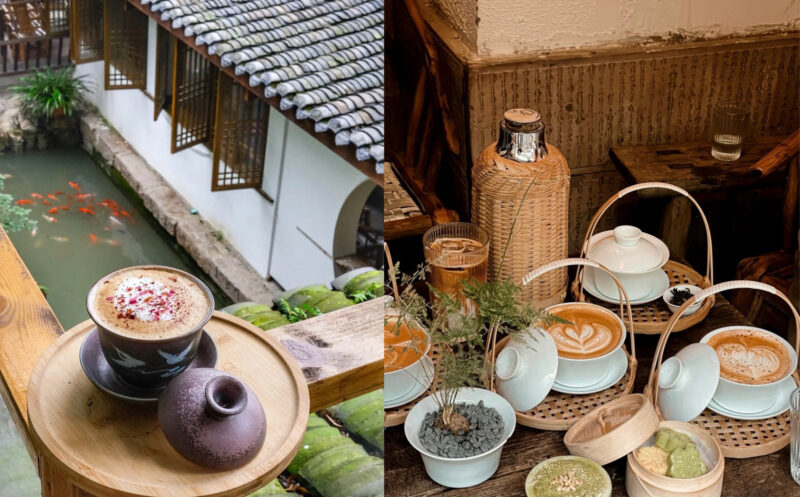As global luxury brands are eyeing the potential of China’s Tier-2 city Nanchang with up to 25 premium labels looking to establish a foothold, the region’s luxury landscape is about to usher in a new era.
Nanchang is the capital city of Jiangxi Province, south-eastern China, and has a population of 6.26 million as of 2020. The city had the highest GDP among Jiangxi Province in 2021, amounting to 49.76 billion RMB ($7.23 billion), which is reported to rank 15th among the top 20 fastest growing cities in the world.
However, Nanchang has long been neglected by luxury brands and only possesses a few high-end commercial centres. As a result, local consumers have to travel to neighbouring cities such as Wuhan to purchase luxury goods.
By spotting a gap in the market, up to 25 premium labels, ranging from fashion clothing, jewellery & watches through to beauty cosmetics, decided to land their storefronts in the shopping complex of Wushang Mall, which is slated to open in Q1 2023.
Brands such as Louis Vuitton, Burberry, Cartier, Tiffany & Co., Rolex, Bulgari, Lancôme, Estée Lauder, Qeelin, Jaeger-LeCoultre and Balmain are included, with this being the French fashion house’s first expedition into Central China.
Besides the lucrative potential of the local market in Nanchang, the established reputation of Wushang Group is another factor which drew in luxury players. The shopping complex run by Wushang Group in Wuhan delivered an outstanding performance among its peers nationwide, with its sales totalling 15 billion RMB ($2.18 USD) in 2021.
As for the upcoming Wushang Mall in Nanchang, the shopping complex is comprised of 160,000 square metres and will sit in the city centre, aiming to become a regional landmark, which is aligned with the brand images of the featured luxury labels.
Over the past few years, luxury brands have strived to chart their expansions into China’s lower-Tier cities so as to branch out to local consumers and the trend is expected to continue. Louis Vuitton is reported to fill all the capital cities in China with its boutiques by 2025 and Nanchang is the first stop.
In comparison to widely recognised brands like Louis Vuitton and Coach, lesser-known labels such as Moschino and Balmain may acquire more time to leverage brand awareness and appeal to local shoppers. By partnering with established shopping plazas and brands which hold an immense fanbase, this could be considered a positive approach in terms of regional consumers’ great appetite towards luxury goods.









